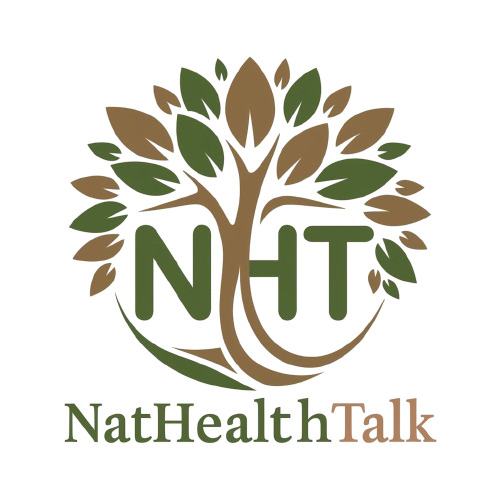Are Speech Pathologists and Speech Therapists the Same? A Clear Comparison
When looking for help with speech and communication challenges, you might come across two terms: speech pathologist and speech therapist. Are they the same? Do they have different roles? Many people get confused because these terms are often used interchangeably.
In this article, we’ll clarify the speech pathologist vs speech therapist debate by breaking down their responsibilities, education, and how they help individuals with communication disorders.
What Is a Speech Pathologist?
A Speech-Language Pathologist (SLP) is a licensed professional trained to diagnose, treat, and prevent communication disorders. They work with people of all ages, from infants to the elderly, helping with issues related to:
- Speech sounds (articulation disorders, apraxia of speech)
- Language development (delays, dyslexia, cognitive-communication disorders)
- Fluency (stuttering, cluttering)
- Voice disorders (hoarseness, vocal cord damage)
- Swallowing difficulties (dysphagia therapy for stroke or injury recovery)
Education and Certification
Speech-language pathologists must complete:
- A master’s degree in Speech-Language Pathology
- A clinical fellowship (usually a year of supervised practice)
- A certification, such as the Certificate of Clinical Competence (CCC-SLP) from the American Speech-Language-Hearing Association (ASHA)
- A state license to practice in their region
Where Do Speech Pathologists Work?
SLPs can be found in various settings, including:
- Hospitals and rehabilitation centers
- Schools and early intervention programs
- Private clinics and speech therapy centers
- Research and academic institutions
What Is a Speech Therapist?
A speech therapist is essentially another term for a speech pathologist. In many cases, “speech therapist” is the more commonly used, informal term, while “speech-language pathologist” is the official title.
However, in some settings, speech therapists may refer to professionals who provide therapy services under the guidance of a licensed SLP, such as:
- Speech therapy assistants (SLPAs) – These individuals work under the supervision of a speech-language pathologist to implement treatment plans. They cannot diagnose or create therapy programs but assist in delivering speech therapy.
- Educators and other therapists – Some teachers or special education professionals may offer speech therapy sessions, but they do not have the same level of expertise as a certified SLP.
Education and Certification
If the term “speech therapist” is used to describe a Speech-Language Pathology Assistant (SLPA), their qualifications typically include:
- An associate’s or bachelor’s degree in speech-language pathology or a related field
- Supervised clinical training
- A state certification (requirements vary by location)
Where Do Speech Therapists Work?
Speech therapists, including SLPAs, often work in:
- Schools and educational institutions
- Private therapy centers
- Home-based therapy programs
Key Differences Between Speech Pathologists and Speech Therapists
| Feature | Speech-Language Pathologist (SLP) | Speech Therapist (SLPA or informal term) |
| Education | Master’s degree in Speech-Language Pathology | Associate’s or Bachelor’s degree (for SLPAs) |
| Certification | ASHA certification (CCC-SLP) and state license | State certification (for SLPAs, varies by state) |
| Responsibilities | Diagnoses, creates treatment plans, and provides therapy | Assists in therapy but does not diagnose or create plans |
| Work Settings | Hospitals, schools, private clinics, research institutions | Schools, therapy centers, home programs |
| Scope of Practice | Treats speech, language, voice, and swallowing disorders | Supports therapy under the guidance of an SLP |
Which One Do You Need?
If you or your child need help with speech or communication difficulties, it’s best to seek out a certified speech-language pathologist (SLP). They have the training and credentials to diagnose disorders and create personalized treatment plans.
However, if you’re looking for therapy sessions at a school or community center, you may work with a speech therapist (SLPA) who follows the treatment plan created by an SLP.
Conclusion
In most cases, the terms speech pathologist and speech therapist refer to the same profession. However, speech-language pathologist (SLP) is the official title, while speech therapist can sometimes refer to assistants or therapy providers without full SLP credentials.
If you need professional speech therapy services, be sure to check the qualifications of your provider. Whether it’s for a child with speech delays or an adult recovering from a stroke, working with a certified speech-language pathologist ensures the best care.


